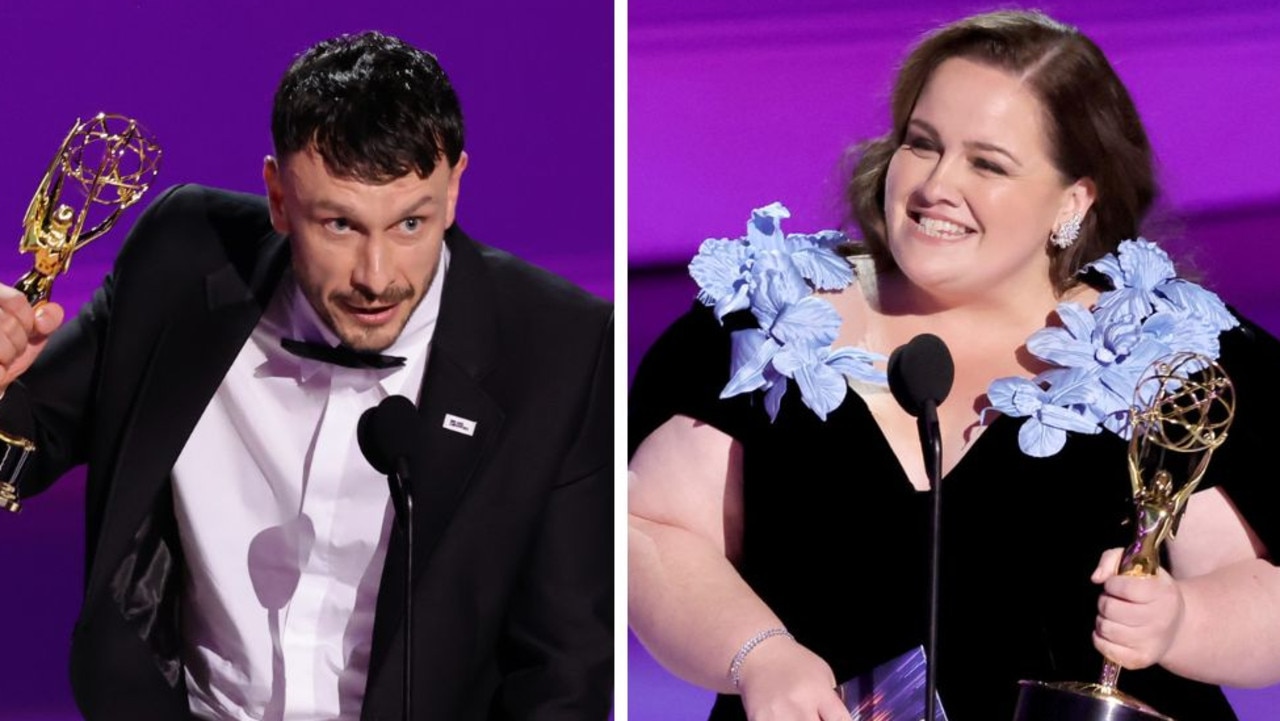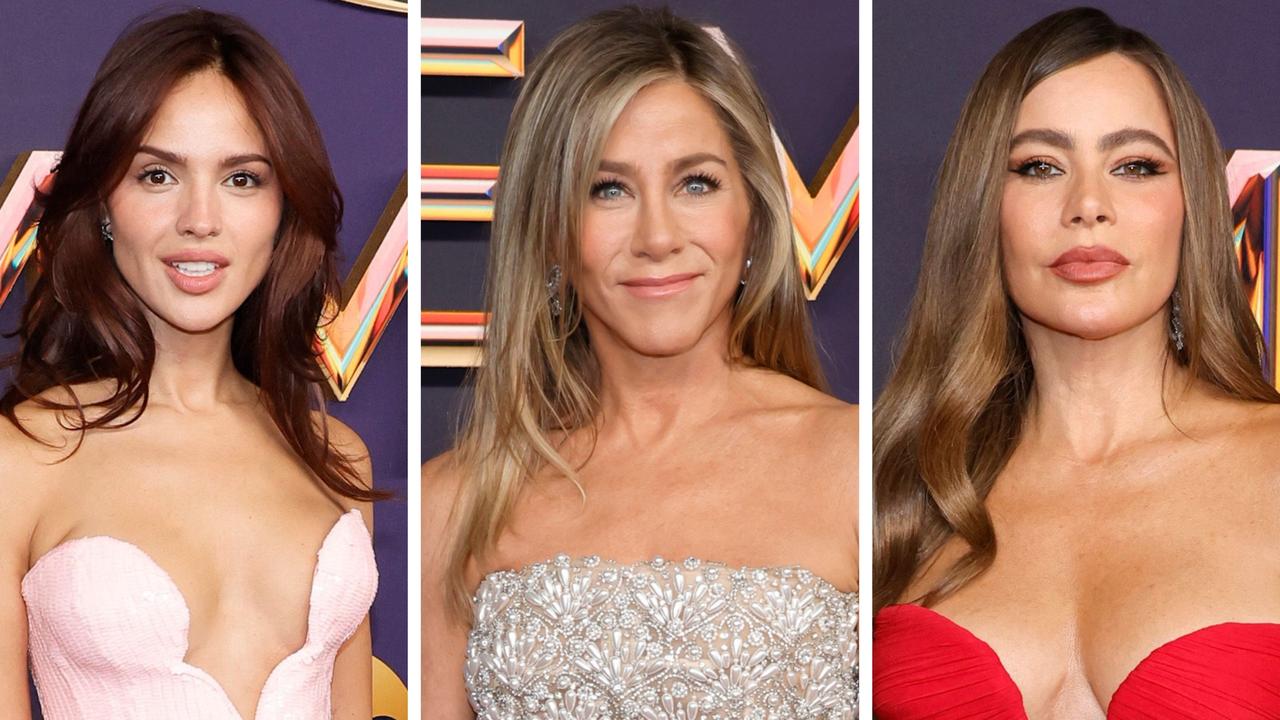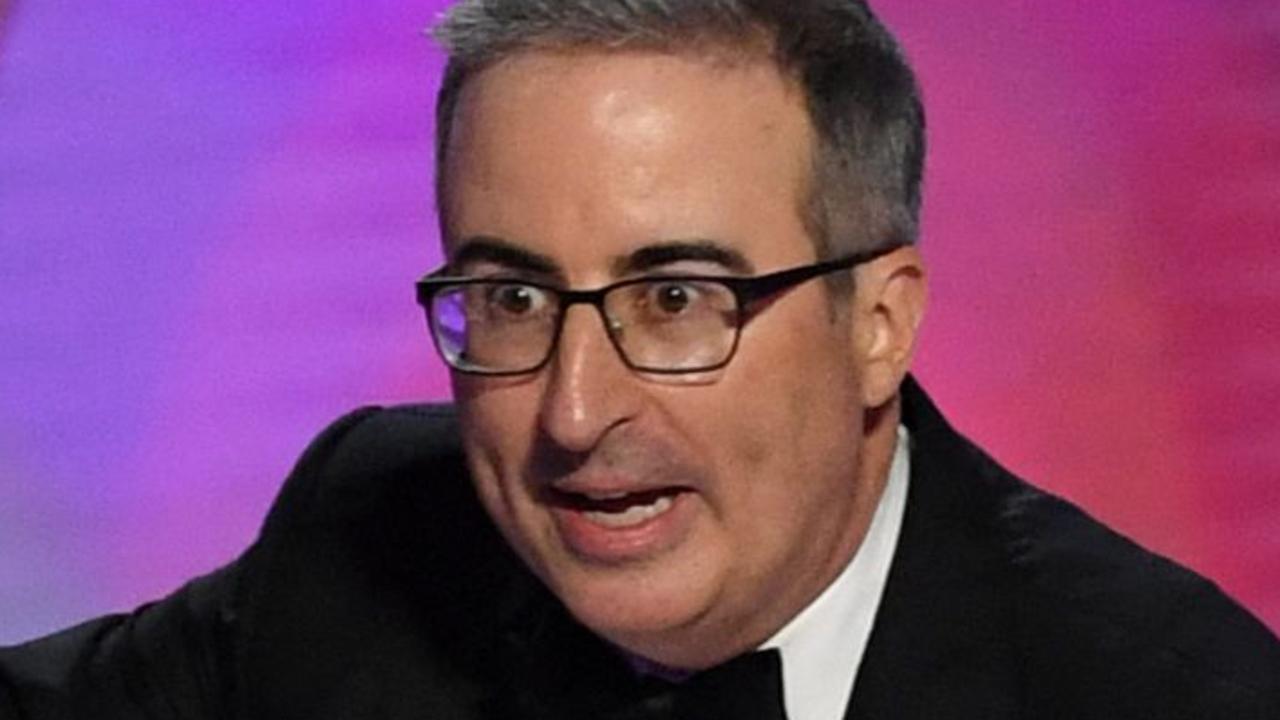Why are the Emmy Awards are crucial for TV networks and actors now
IT’S the awards night that’s full of shows many don’t watch on free to air TV. But it’s more important than ever for both networks and actors to go, and get a gong.
CRITICS argue the Emmy awards are full of shows which nobody seems to watch.
But in 2016 it’s more important than ever for both networks and actors to land an award at US TV’s night of nights
We are currently in the era of ‘Peak TV’. With over 500 scripted shows competing for eyeballs — the annual Emmy race has become more important and yet less meaningful than ever before.
The huge upswing in quantity and quality in the ‘Golden Age of Television’ means it’s becoming harder and harder to argue any single show is “the best” — particularly as no one among the 19,000 Emmy voters can possibly have watched everything.
But an award, a nomination — or even just being talked about ‘in the mix’ for an Emmy — has become a crucial marketing tool helping smaller programs and actors to stand out from the avalanche of content.
Just 10 years ago, the 2006 Emmys were dominated by big mainstream network shows including The Office, 24, The New Adventures of Old Christine, Law and Order: SVU, Will and Grace, Malcolm in the Middle, Boston Legal and My Name is Earl.
But in 2016 the Emmys are a long way from a popularity contest: today they’re more about buzz and audience devotion.
The “Big Three’ US broadcast networks (NBC, ABC and CBS) have half as many nominations as the ‘quality’ cable and streaming frontrunners HBO, FX and Netflix.
And the highest rating shows are concentrated in the reality category — The Voice, American Ninja Warrior and Dancing With The Stars.
Apart from Game of Thrones (which has already won nine of its 23 nominations this year), How To Get Away With Murder and Downton Abbey many of the top Emmy contenders aren’t ratings hits.

More people watch My Kitchen Rules in Australia than watch nominated series Veep, Mr Robot, Fargo or The Night Manager in the US — and they have ten times the population.
And of course streaming services don’t release viewing data, so it’s anybody’s guess how many people watch House of Cards, Master of None, Unbreakable Kimmy Schmidt and Transparent.
Five-time Emmy winner Kelsey Grammar (Frasier) has argued the wins at the award ceremony “do more for a show than they do for an actor” and that certainly seems to be true.
A nomination has been credited with boosting a TV show’s social media engagement by a third. It can also have a big impact on viewing figures: after Mad Men’s first season nabbed 16 nominations, season two’s audience doubled in size.
The Emmys are even more important to subscription TV services.
Mad Men’s win had a halo effect for AMC, establishing it as a quality producer of acclaimed dramas; a reputation it has since built on with the success of The Walking Dead and Breaking Bad. That reputation helped it expand to 95 million US homes.

Netflix’s 31 nominations and seven wins in 2014 helped the streaming company brand itself as a destination for prestige programming.
This year it’s up for 54 nominations — a big boost to its campaign to attract subscribers by investing $1.5 billion in 600 hours of original programming.
In Australia, Foxtel — the home of HBO (94 nominations) and FX (56) — is a big beneficiary. Want to see the show everyone’s talking about? You better get Foxtel.
Game of Throne’s last season averaged 1.2 million viewers, the largest audience in Foxtel history. Little wonder CEO Peter Tonagh recently announced: “We will have five times the number of hours of HBO than we currently have and every series we have will be there in full all of the time.”
In pure financial terms, an Emmy win doesn’t have the impact of a best picture Oscar, which in the two decades to 2009 provided an average box office boost of $14 million.
That’s because TV series’distribution deals usually span years so an Emmy may not even be a factor until the next negotiation.
But a string of Emmys for the Modern Family cast helped them increase their take home pay from around $55,000 per episode up to around $175,000 per episode.

Hank Azaria, who picked up his sixth Emmy this week at the Creative Arts ceremony for best guest actor in a drama for Ray Donovan, said winning was a mixed blessing.
“Sometimes you can demand more money and get bigger roles, but it depends,” he said.
“It’s nice to be acknowledged but beyond that I think it’s a mistake to think it’s going to change your career in some kind of big way.”
The same seems to be the case for Uzo Aduba, who has won two Emmys in the past two years playing Crazy Eyes on Netflix’s Orange is the New Black.
While the wins boosted her public profile, and she has a role in the upcoming Ewan McGregor and Jennifer Connelly movie American Pastoral, it doesn’t appear to have yet translated into major new opportunities.
There is a down side though of TV splintering into smaller, niche audiences and that’s the viewing figures for the Emmy Awards have plummeted.
Last year’s ceremony posted their worst ratings of all time with 11.9 million viewers.
* The 68th Primetime Emmy Awards, FOX8, Monday, 10am



